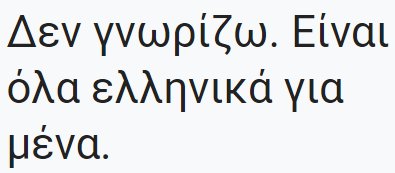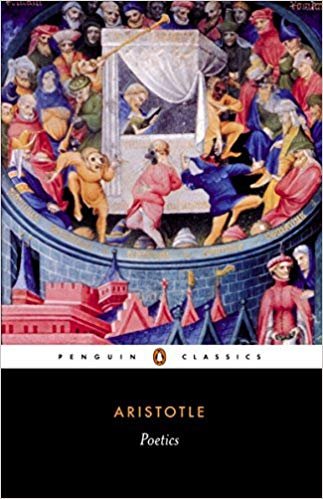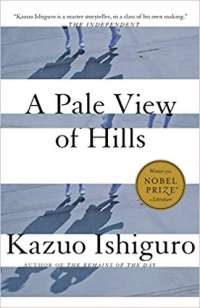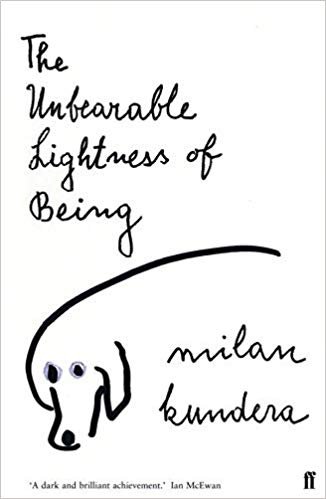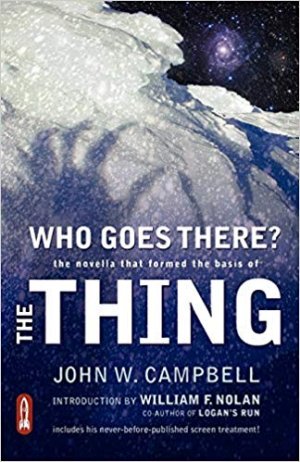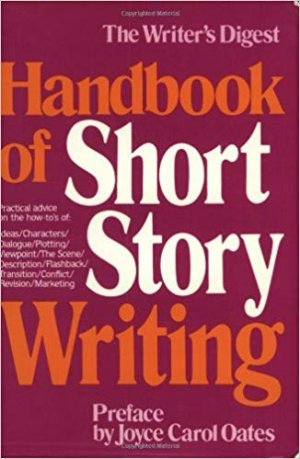I’ve read a few writing texts and better than half mention Aristotle’s Poetics as the original, the source, what everything else is based on. I managed to kick that gauntlet out of my way for quite a while and finally yielded.
Everybody mentions it’s a short book. It is. The PDF version I found is 49 pages (and that includes lots of room where explanations of Greek phrasing and words are made).
Does it have everything you need in a writing text? Yes, if you’re consider just mechanics (what is a plot? What is characterization? What is dialogue?), no if you happen to be a writer also dealing with marketing, contracts, et cetera. Let’s face it, it is an ancient text written by someone at the height of his game. Aristotle was a household name when he wrote this (if you want a writing text by someone still bandaging their scars from their early battles, read Barry Longyear’s Science Fiction Writers’ Workshop – I: An Introduction to Fiction Mechanics).
Aristotle was also a master logician and it shows – my god, does it show – in how explains writing concepts.
Is it accessible? ROFL, are you kidding? This is an ancient text, remember? His examples all come from ancient texts. He painstakingly describes character, sure, but his examples are from Sophocles, Euripides, Thrycine, Inoculene, Phlegmatic, and Spyrochete (yes, I made some of those up. Good for you if you knew which ones).
And it’s dense. Consider your average 300 page writing text squished into 49 pages with just as much raw information.
And some of it’s in Greek. Not even modern Greek, you’ll need to pick up a few things from konic.
So how useful is it?
Greetings! I’m your friendly, neighborhood Threshold Guardian. This is a protected post. Protected posts in the My Work, Marketing, and StoryCrafting categories require a subscription (starting at 1$US/month) to access. Protected posts outside those categories require a General (free) membership.
Members and Subscribers can LogIn. Non members can join. Non-protected posts (there are several) are available to everyone.
Want to learn more about why I use a subscription model? Read More ch-ch-ch-ch-Changes Enjoy!

